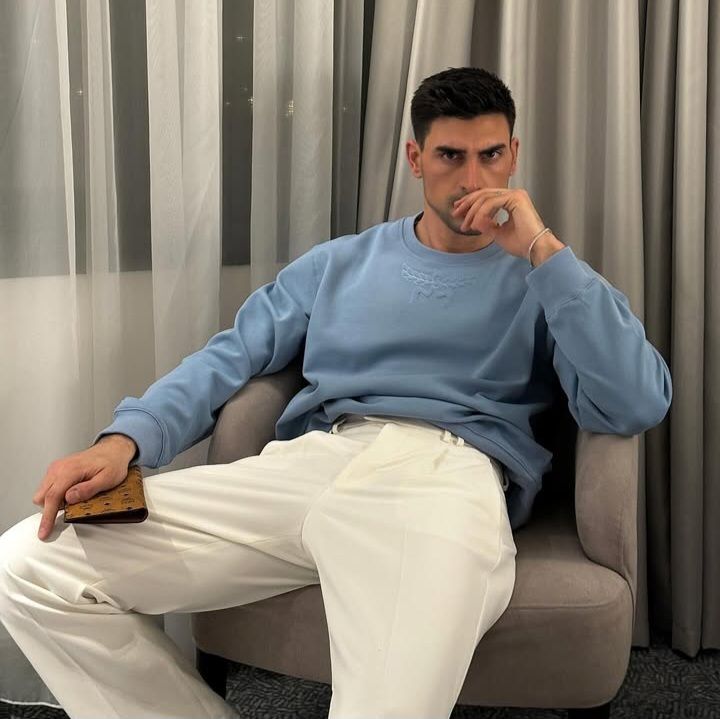
The Future of Fashion: What Will Define 2025?
The Future of Fashion: What Will Define 2025?
The world of fashion is constantly evolving, shaped by innovation, cultural shifts, and technological advancements. As 2025 approaches, the industry is poised to embrace transformative trends that will redefine style, sustainability, and consumer behavior. The future of fashion is no longer about mere aesthetics but rather a holistic approach combining ethics, creativity, and cutting-edge technology. This comprehensive exploration delves into the critical elements that will shape the fashion landscape in 2025 and beyond, offering insights into what consumers, designers, and industry leaders can expect in this exciting era.
Sustainability as the Core Value
In recent years, environmental concerns have become central to the fashion conversation. By 2025, sustainability will no longer be an option but a fundamental principle underpinning all aspects of design and production. The fashion industry, historically notorious for waste and pollution, is undergoing a radical transformation. Consumers are increasingly demanding transparency, ethical sourcing, and environmentally responsible manufacturing processes. As a result, brands are prioritizing materials that minimize ecological impact, such as organic fibers, recycled textiles, and innovative bio-based fabrics.
Moreover, circular fashion practices are gaining momentum. Designers and manufacturers are creating garments with the end of their lifecycle in mind, promoting repair, reuse, and recycling rather than disposal. This paradigm shift aims to reduce landfill waste and resource consumption significantly. Companies investing in closed-loop systems and take-back programs are setting new standards for responsible fashion production. The integration of sustainability into the fashion DNA signifies a crucial step toward preserving the planet for future generations while maintaining style and quality.
Technological Innovations Revolutionizing Design and Retail
Technology continues to be a driving force behind the fashion industry’s evolution. By 2025, advancements such as artificial intelligence (AI), 3D printing, augmented reality (AR), and blockchain will radically reshape how clothes are designed, produced, and marketed. AI algorithms are now capable of analyzing consumer preferences, forecasting trends, and optimizing inventory, enabling brands to respond swiftly to market demands and reduce overproduction.
3D printing is revolutionizing garment construction by allowing highly customized, on-demand production. This method reduces waste and shortens the supply chain by producing only what is needed. Furthermore, augmented reality applications are enhancing the shopping experience, offering virtual try-ons and immersive brand interactions without physical contact. This innovation appeals to digitally native consumers who seek convenience and personalized experiences.
Blockchain technology is increasing transparency and trust by tracking a garment’s journey from raw material to retail. It offers an immutable record of sourcing, manufacturing, and distribution, reassuring consumers about authenticity and ethical practices. Together, these technologies are setting the foundation for a smarter, more efficient, and consumer-focused fashion ecosystem.
The Rise of Inclusive and Diverse Fashion
Fashion in 2025 is becoming increasingly inclusive, embracing diversity across size, gender, ethnicity, and ability. The industry is acknowledging the importance of representation and accessibility, moving away from one-size-fits-all models to celebrate individual identity. Inclusive sizing, adaptive clothing designed for people with disabilities, and gender-neutral collections are becoming mainstream rather than niche offerings.
This shift reflects a broader societal movement toward acceptance and equality. Brands that fail to embrace diversity risk losing relevance in a market that values authenticity and social responsibility. Fashion shows, advertising campaigns, and product lines now showcase a broader spectrum of beauty standards, empowering consumers to express their unique selves without limitations. This transformation is not only ethical but also commercially advantageous, as it expands the customer base and fosters brand loyalty.
Sustainable Luxury: Redefining Opulence
Luxury fashion is undergoing a transformation where sustainability and exclusivity coexist. The future of opulence in 2025 involves responsibly sourced materials, artisanal craftsmanship, and timeless designs that prioritize longevity over fleeting trends. Consumers are increasingly willing to invest in high-quality pieces that offer both aesthetic value and environmental consciousness.
Sustainable luxury brands focus on transparency and ethical production, often collaborating with local artisans and employing traditional techniques that reduce environmental impact. This approach challenges the fast fashion mentality by promoting a slower, more meaningful consumption cycle. As affluent customers become more environmentally aware, they demand products that align with their values without compromising elegance and refinement. This evolution signifies a new chapter where luxury and responsibility intertwine to create truly exceptional fashion experiences.
Personalization and Customization: The New Consumer Demand
In 2025, personalization will be a defining feature of the fashion industry. Customers no longer desire generic products but seek unique items that reflect their personality and preferences. Advances in digital technology and manufacturing processes enable brands to offer bespoke solutions at scale.
Consumers can expect options such as tailored fits, customized fabrics, and exclusive designs created through interactive online platforms. Virtual styling assistants powered by AI help shoppers curate wardrobes that suit their lifestyles and tastes, reducing guesswork and enhancing satisfaction. Customization fosters emotional connections between buyers and products, increasing brand loyalty and reducing return rates.
This trend aligns with the broader movement towards mindful consumption, where individuals prioritize quality and meaningfulness over quantity. Fashion brands that embrace personalization are poised to thrive by meeting the evolving expectations of discerning consumers.


